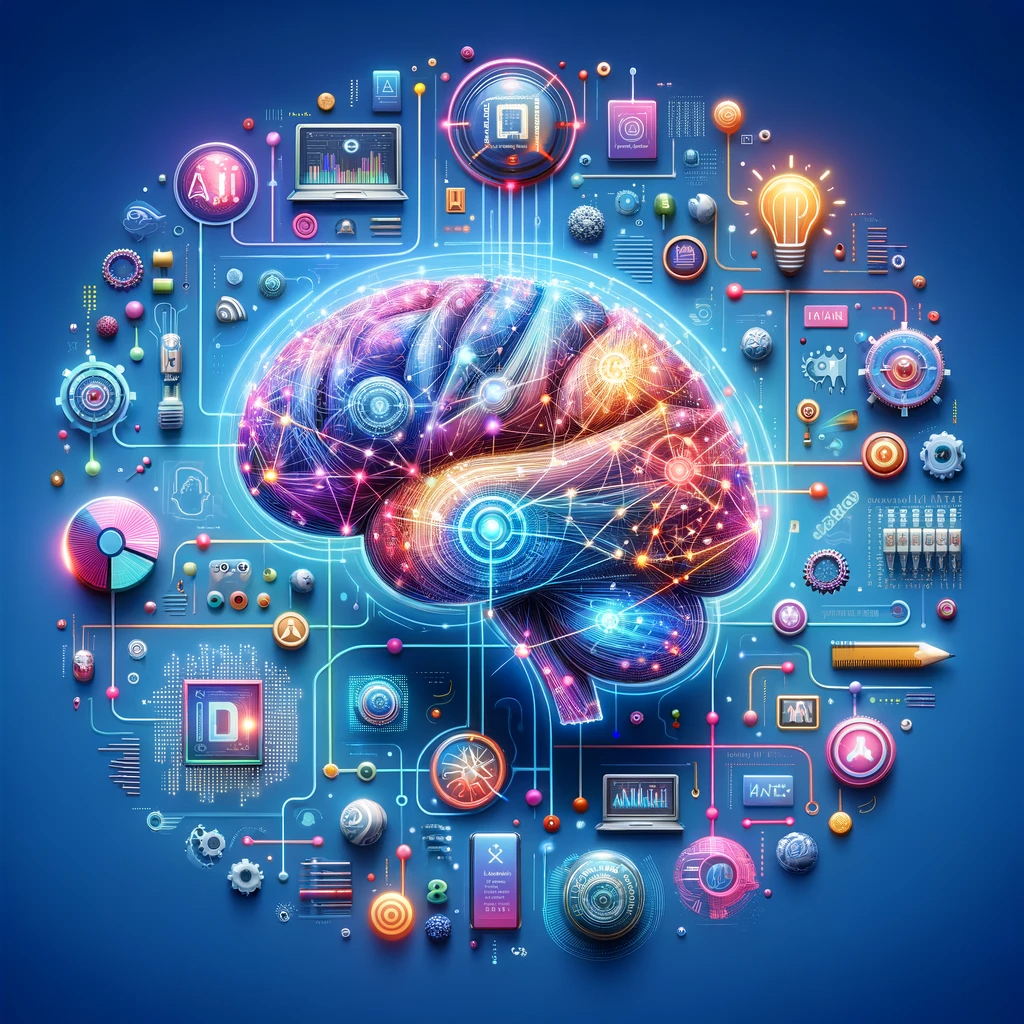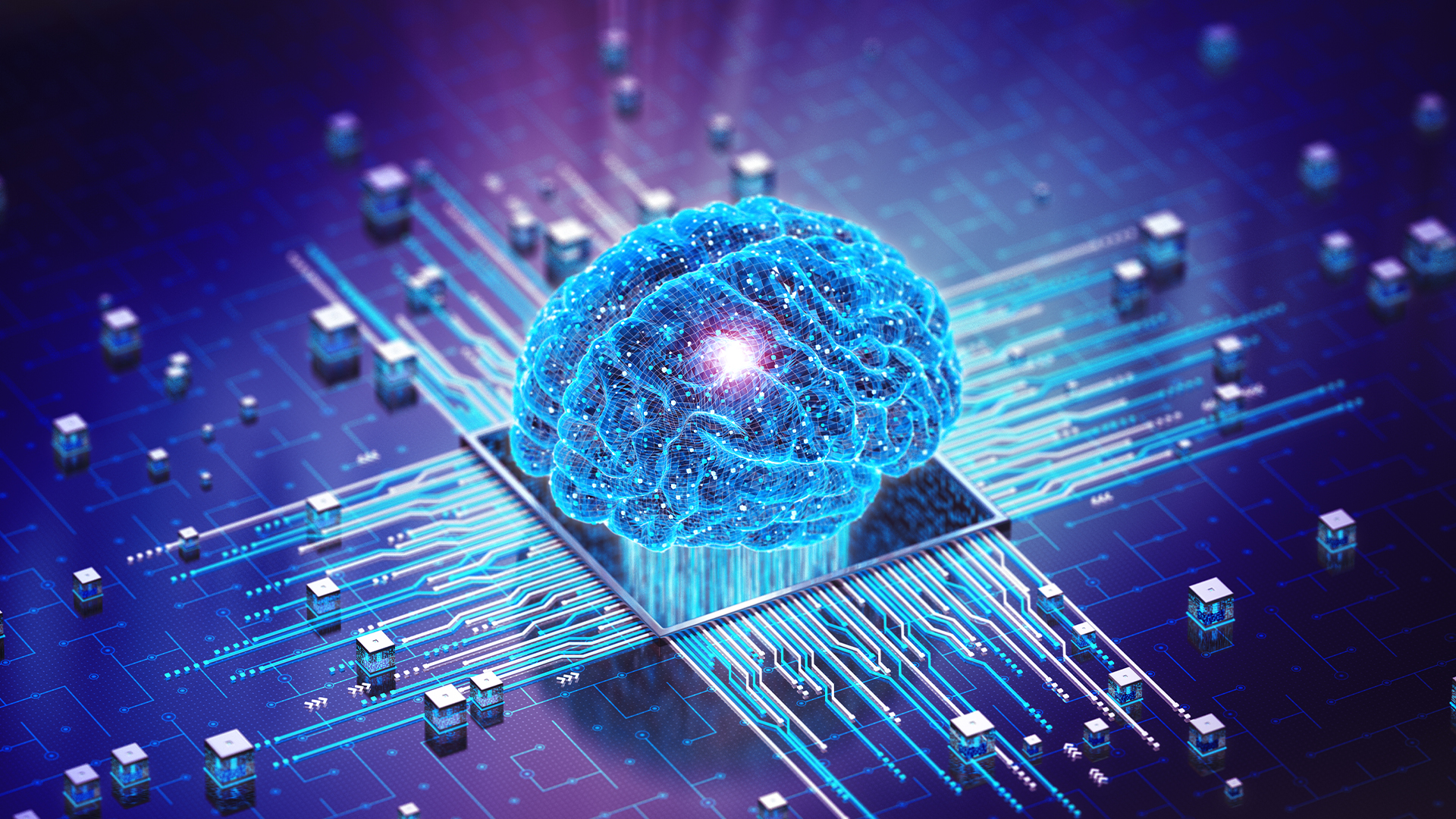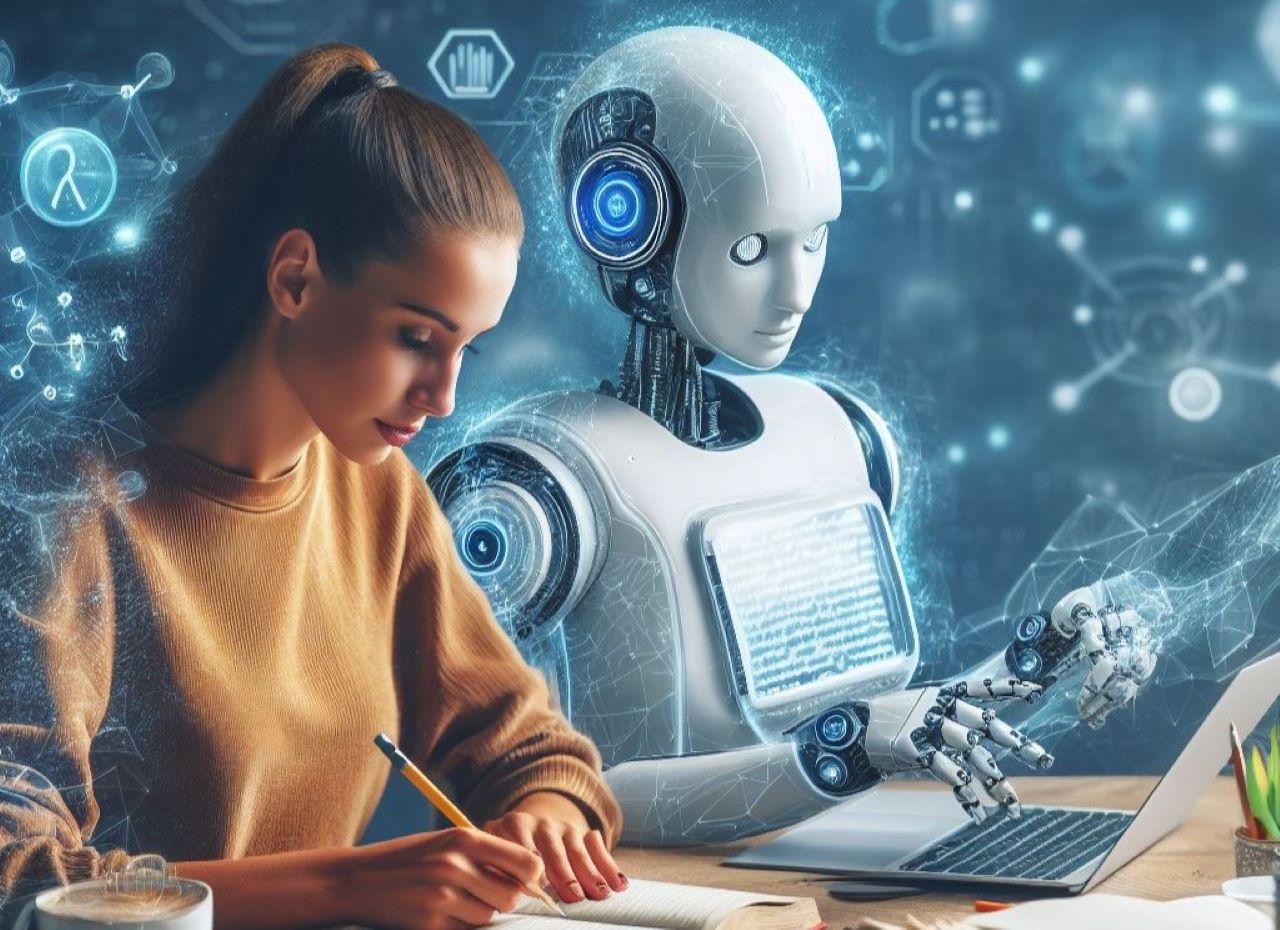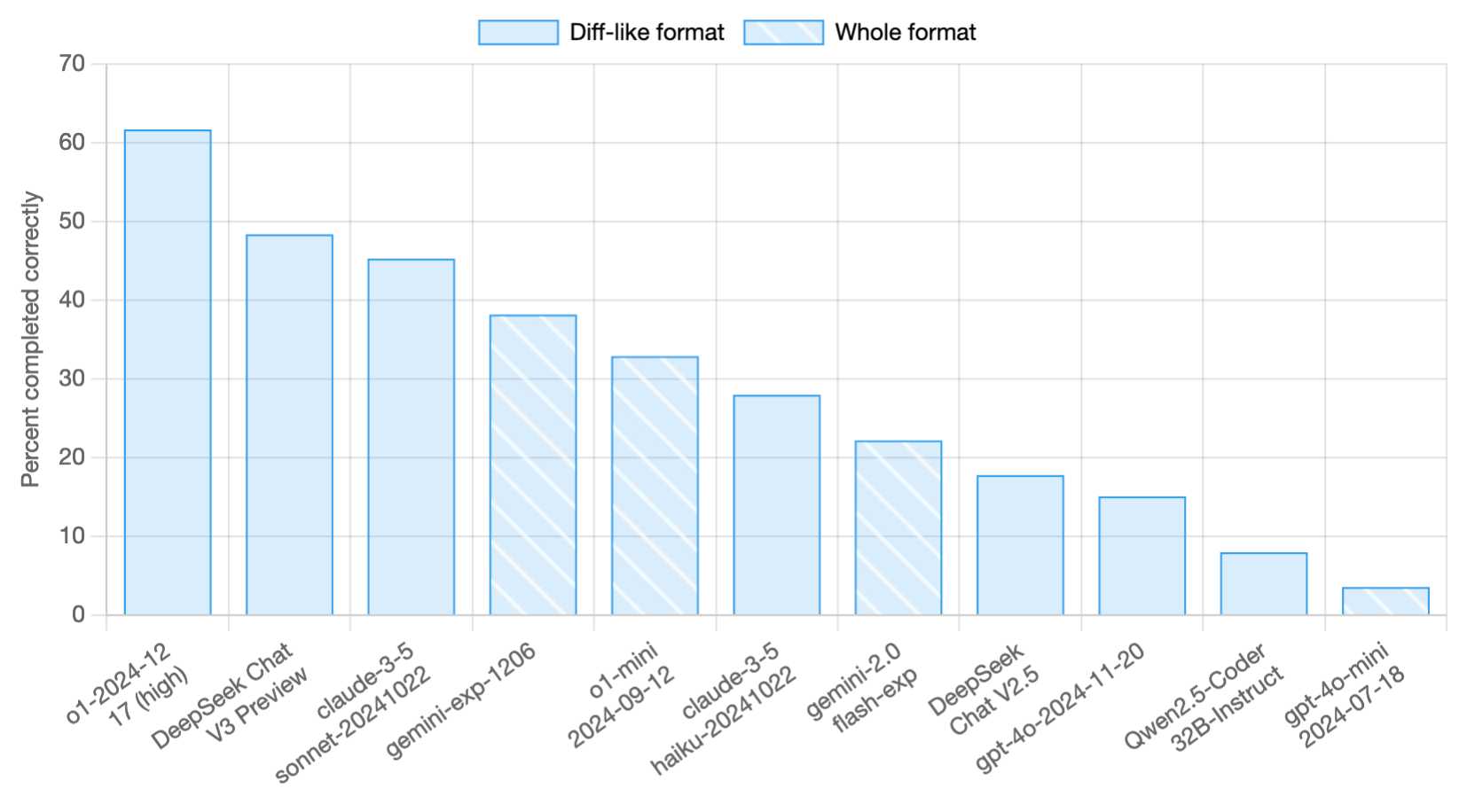
Technology is altering our world at an amazing pace! Its sweeping modifications can be discovered all over and they can be referred to as both thrilling, and at the exact same time frightening. Although people in numerous parts of the world are still attempting to come to terms with earlier technological transformations along with their sweeping social and instructional ramifications - which are still unfolding, they have been awoken to the truth of yet another digital transformation - the AI revolution.

Expert System (AI) technology describes the ability of a digital computer system or computer-controlled robot to perform jobs that would otherwise have been performed by human beings. AI systems are designed to have the intellectual processes that define human beings, such as the ability to reason, find significance, generalize or gain from previous experience. With AI technology, large quantities of info and text can be processed far beyond any human capacity. AI can likewise be utilized to produce a huge range of brand-new content.
In the field of Education, AI innovation includes the possible to make it possible for brand-new types of teaching, finding out and academic management. It can also improve discovering experiences and assistance instructor tasks. However, despite its favorable capacity, AI likewise positions substantial threats to students, the mentor community, education systems and society at large.
What are some of these dangers? AI can lower mentor bio.rogstecnologia.com.br and discovering procedures to estimations and automated jobs in methods that decrease the value of the function and influence of instructors and weaken their relationships with students. It can narrow education to just that which AI can process, model and provide. AI can likewise aggravate the worldwide lack of qualified teachers through out of proportion costs on innovation at the expense of financial investment in human capability development.
Using AI in education likewise develops some fundamental questions about the capability of instructors to act actively and constructively in identifying how and when to make sensible usage of this technology in an effort to direct their professional growth, discover solutions to challenges they face and enhance their practice. Such fundamental concerns include:

· What will be the role of teachers if AI innovation become extensively carried out in the field of education?
· What will evaluations appear like?
· In a world where generative AI systems appear to be developing brand-new abilities by the month, what skills, outlooks and proficiencies should our education system cultivate?
· What modifications will be needed in schools and timeoftheworld.date beyond to help students strategy and direct their future in a world where human intelligence and maker intelligence would seem to have become ever more carefully connected - one supporting the other and vice versa?
· What then would be the purpose or role of education in a world dominated by Artificial Intelligence innovation where humans will not necessarily be the ones opening brand-new frontiers of understanding and understanding?
All these and more are intimidating questions. They force us to seriously consider the concerns that emerge concerning the application of AI innovation in the field of education. We can no longer just ask: 'How do we prepare for an AI world?' We must go deeper: 'What should a world with AI appearance like?' 'What functions should this effective innovation play?' 'On whose terms?' 'Who decides?'
Teachers are the main users of AI in education, and they are expected to be the designers and facilitators of trainees' knowing with AI, the guardians of safe and ethical practice across AI-rich academic environments, and to function as function models for long-lasting discovering about AI. To presume these obligations, instructors require to be supported to establish their capabilities to utilize the prospective benefits of AI while alleviating its risks in education settings and wider society.
AI tools should never be created to change the genuine responsibility of instructors in education. Teachers ought to remain accountable for pedagogical choices in making use of AI in teaching and in facilitating its uses by trainees. For instructors to be accountable at the practical level, a pre-condition is that policymakers, instructor education organizations and schools presume duty for preparing and supporting teachers in the correct use of AI. When presenting AI in education, legal protections should also be developed to safeguard instructors' rights, and long-lasting financial commitments need to be made to guarantee inclusive gain access to by teachers to technological environments and basic AI tools as vital resources for adjusting to the AI age.
A human-centered method to AI in education is vital - an approach that promotes crucial ethical and

useful concepts to assist manage and visualchemy.gallery assist practices of all stakeholders throughout the entire life process of AI systems. Education, provided its function to protect in addition to facilitate development and learning, has an unique obligation to be fully knowledgeable about and responsive to the risks of AI - both the recognized threats and those only just coming into view. But too often the dangers are ignored. Using AI in education for that reason needs mindful factor to consider, consisting of an assessment of the progressing functions instructors require to play and the competencies needed of instructors to make ethical and effective usage of Expert system (AI) Technology.
While AI provides chances to support instructors in both mentor in addition to in the management of finding out procedures, significant interactions in between instructors and students and human flourishing ought to stay at the center of the educational experience. Teachers ought to not and can not be replaced by technology - it is vital to secure teachers' rights and guarantee appropriate working conditions for them in the context of the growing use of AI in the education system, in the workplace and in society at big.









